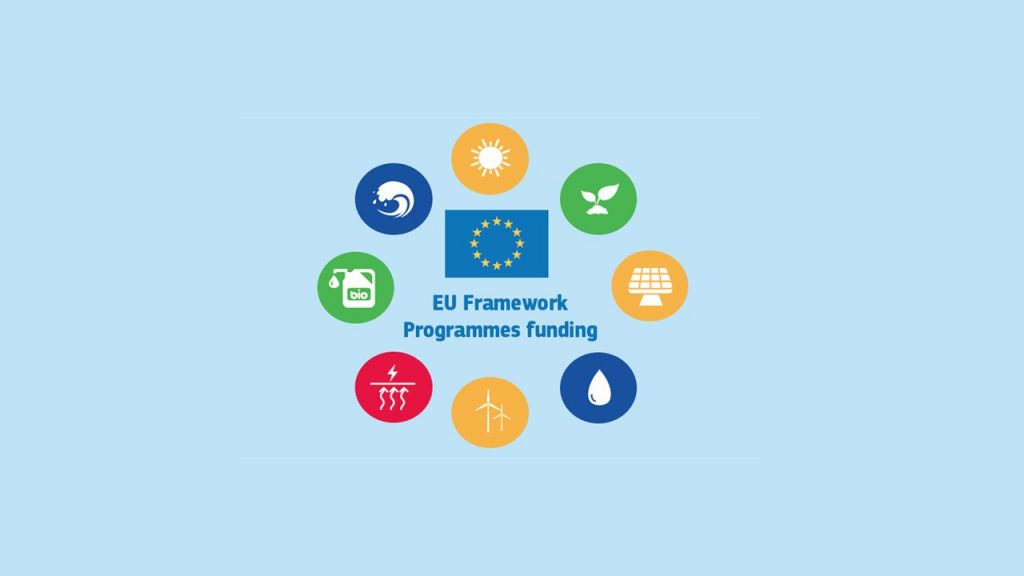- Client: European Commission - DG Research & Innovation (RTD)
- Implementation period: November, 2017 - January, 2019 (Completed)
- Geographic coverage: European Union
- Theme: Energy
- Topic: Renewable Energy
- Experts: Koen Rademaekers, Onne Hoogland, Perla C. Torres Vega, Liliana Guevara Opinska
What is the impact of EU R&D funding on RE technologies?
The EU has promoted the development of renewables for more than a decade now, both through enabling policies as well as through R&D funding. This study assess the impact of EU R&D funding from the Framework Programmes (FP5, FP6, FP7 and H2020) on the development of renewable energy technologies in Europe over the past twenty years. It looks at the impacts on the development of the technology sectors themselves, the related market and industrial developments, and economic growth generated. The eight renewable energy technologies that are assessed are: bioenergy, biofuels, geothermal, hydropower, ocean, solar PV, solar thermal and wind energy. The analysis was also done by sector, namely: electricity, heating and cooling, and transport.
The study consisted of a quantitative assessment on a selection of indicators, as well as a qualitative assessment, based on a series of interviews, case studies, a questionnaire and stakeholder workshops. The project was led by Trinomics in collaboration with Ricardo, JIIP, Tractebel and Cambridge Econometrics.

The key findings of the study are:
- The EU has world-leading public R&D budgets, in particular for bioenergy, solar thermal, wind and ocean energy.
- EU R&D funding has been effective in establishing academic leadership while losing ground in patent applications.
- Cost reductions in renewable energy technologies are most pronounced for solar PV, wind energy and CSP.
- Mixed success in industry development with overall EU renewable energy industry turnover at a constant level since 2008.
- R&D funding levels do not show a clear relation with the expected role of the technologies in the energy mix.










